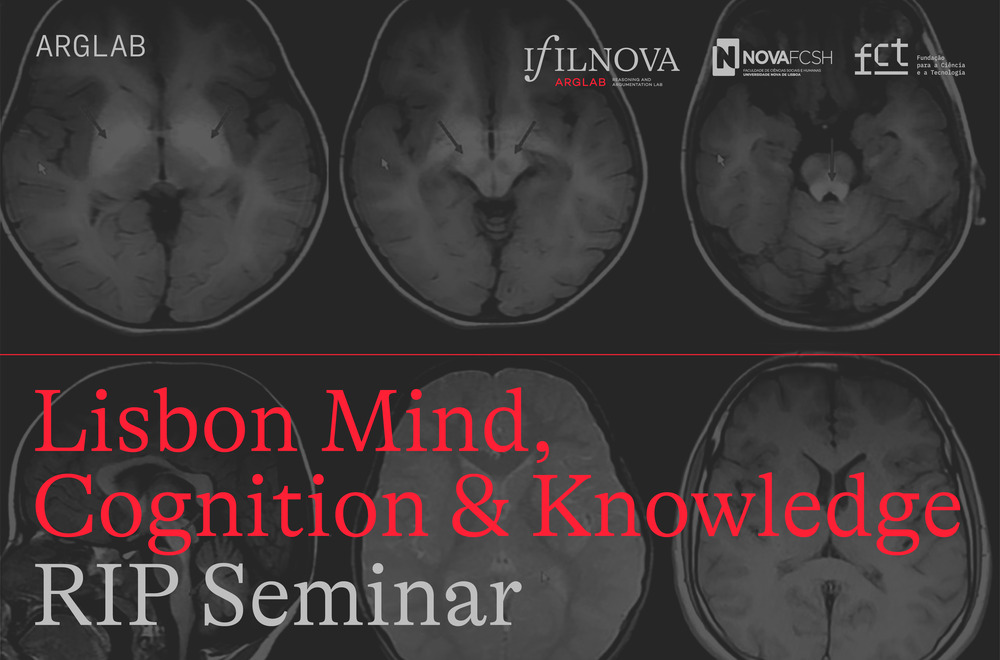Pii Telakivi

The thesis of extended cognition maintains that cognition is not only constituted by neural functions, but its realising basis is often extended to different types of tools and technologies we use. So far, research within the extended cognition framework has mainly focused on “traditional” tool use, such as taking notes with pen and paper. However, I am interested in how the extension relation changes, when instead of a passive tool like a notebook the extension is actualised with AI technology. The goal of this paper is to show that the thesis of extended cognition cannot be directly applied to cases where the external tool is based on certain kind of AI technology. Ethical considerations are more pressing when it comes to cognitive extension facilitated by AI technology, in comparison to more conventional technology. “AI-extenders” come with compromised self-determination and autonomy that might lead to responsibility gaps. This matter is highly topical in today’s context because AI-extended cognition is becoming more common in everyday life, notably among elderly individuals afflicted by memory disorders. The identification of mechanisms that can become manipulative and result in responsibility gaps is a prerequisite for finding adequate ways to address them.
Pii Telakivi (University of Helsinki)
To join the session on Zoom, use this link (password: 646017).

